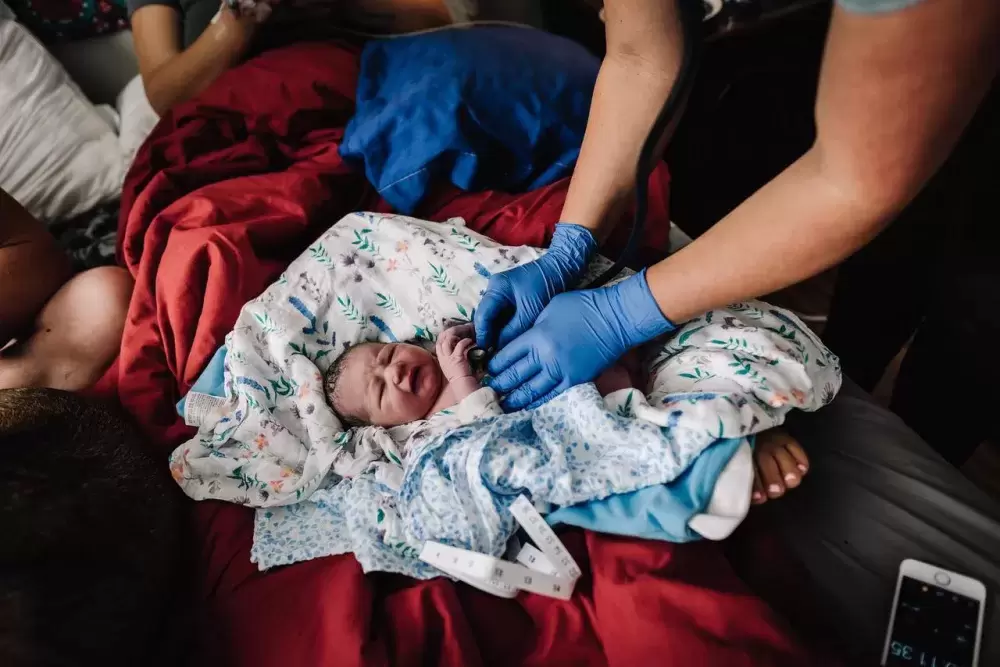Researchers from the Nuu-cha-Nulth Tribal Council are collaborating with Simon Fraser University (SFU) to use “two eyed seeing” to help bolster Indigenous children’s health and wellness. Two eyed seeing refers to the combining of Western methodologies with traditional Indigenous practices and beliefs. In this case this combination is being applied to the medical field.
NTC and SFU will also work with the First Nations Health Authority (FNHA), the University of British Columbia (UBC) and the University of Victoria (UVic), under the formal title for the project: Hishuk-ish tsawalk (everything is one, everything is connected): Using two-eyed seeing to optimize healthy early life trajectories for Indigenous Peoples. More than $1 million worth of grant funding was awarded to the team by the Canadian Institutes of Health Research to carry out the work.
Researchers from the NTC will lead the project, ensuring Nuu-chah-Nulth participants are treated fairly, and consulted along the way.
Lynette Lucas, NTC Director of Health and SFU adjunct professor in Health Sciences, is the project lead, along with NTC Nursing Manager Jeannette Watts.
“We’re just engaging in the hiring process right now, for getting a coordinator,” Lucas said. “We’ll be hiring the coordinator and then three part-time staff. One in each region, who will be working to do data collection, and working with our staff.”
On the SFU side of things will be researchers Pablo Nepomnaschy, Jeff Reading, Charlotte Waddell and Scott Venners. And from FNHA, Chief Medical Officer Dr. Evan Adams will have a role to play.
The NTC has a number of programs currently running which will be on the list of those being evaluated through the project. These include the nursing program (which has both prenatal and postnatal services for pregnant women and young children), the healthy sexuality and sex education programs, as well as child and youth services like the Healthy Babies program - which helps pregnant women access nutritious food. Various other infant, early childhood development, and youth mental health services will also be evaluated, said Lucas. Once the assessment is done, the programs will be enhanced according to the researchers’ findings, and then evaluated again.
While the project right now is scheduled to take place over the next two years, extensions can be granted for up to eight years, said Lucas.
The first phase of the project—which was carried out prior to even submitting the proposal—was a series of community consultations, so ethics was a key feature right from the start.
“That first phase was really about saying, ‘What do you think you need?’,” said Lucas. “Part of what’s been really difficult for them being studied over and over again is that they’ve never necessarily been kept up to date with where research went, or included in developing the process for what they thought would be useful for them.”
And one of the main points shared in almost every meeting - which really speaks to the “two eyed seeing” part of the project, according to Lucas - was that people felt they didn’t necessarily need “new” knowledge to help them, but that they needed to revive some of the old ways, including old knowledge in child rearing that was negatively impacted by colonialism and residential schools. The project will be a major way of bridging that gap, Lucas said.
Pablo Nepomnaschy, one of the SFU researchers who is originally from Argentina, is excited to be working with the Nuu-chah-Nulth communities. He said he is already learning so much from the people there. He is also keen on ethics being a part of the project, as well as having NTC lead the way.
“The whole spirit of the project is to focus on the strength of each nation, and the strength of each community, and each family, and each child, and each mother and father,” said Nepomnaschy. “We are going to be building on the basis of strength.”
“The first thing we need to do is recover and consolidate traditional Indigenous ways of knowing regarding child rearing,” he added.







